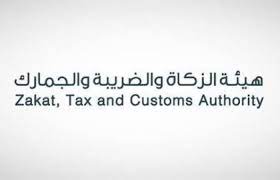Publisher: Maaal International Media Company
License: 465734
Zakat, Tax and Customs: First phase of e-invoicing enters into force
The first phase of e-invoicing (the phase of electronic issuance and filing) has entered into force on Saturday, which includes all taxpayers subject to value added tax (VAT) in Saudi Arabia – with the exception of taxpayers not residing in the Kingdom – and any other parties that issue tax invoices on behalf of the taxable supplier.
The Zakat, Tax and Customs Authority has previously called on its taxpayers who are subject to the e-invoicing regulation to expedite the necessary arrangements to prepare their establishments to the requirements of the first phase it will come into force on December 4, 2021.
The Authority has clarified that the requirements for compliance with the first phase of e-invoicing are to completely stop using handwritten invoices or computer generated invoices through Text editing or number analysis software and make sure that there is a technical solution for e-invoicing that’s compatible with its requirements.
اقرأ المزيد
The requirements also include ensuring the issuance and preservation of e-invoices with all elements, including the QR code for simplified tax invoices and the tax number of the buyer registered in the value-added tax for tax invoices, in addition to making sure to include the invoice address, according to the issued type.
The Zakat, Tax and Customs Authority has called on taxpayers subject to e-invoicing, providers of e-invoicing systems, and those interested, to reach out for any inquiries related to e-invoicing (FATOORA), through the unified call center number (19993), which operates 24 hours a day, seven days a week, or the account “Ask Zakat, Tax and Customs” on Twitter (@zatca_Care) or through e-mail (info@zatca.gov.sa), or via instant chats on the website (zatca.gov.sa).









